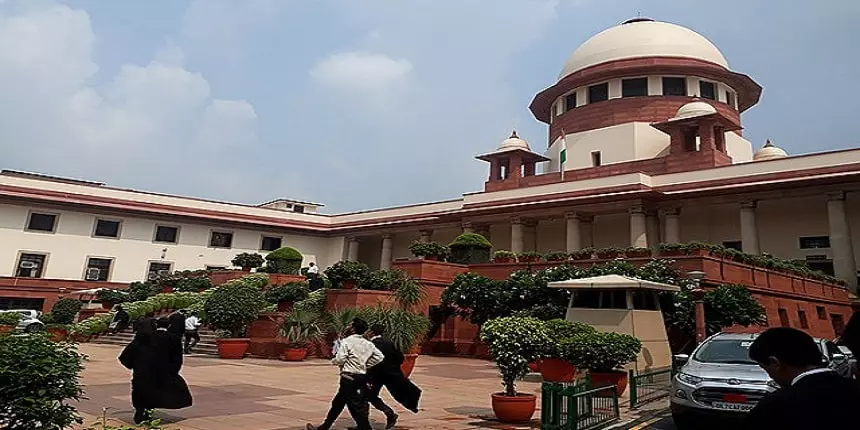The National Eligibility cum Entrance Test (NEET) Undergraduate (UG) is a pivotal medical entrance examination conducted annually by the National Testing Agency (NTA) in India. NEET UG serves as the gateway for aspiring medical students to gain admission into undergraduate medical courses across the country. Given its critical role in shaping the careers of thousands of students, the examination is held to rigorous standards of integrity and accuracy.
In 2024, NEET UG found itself at the center of a significant controversy when the NTA decided to award grace marks to 1,563 candidates. According to the NTA, this decision was necessitated by errors in the question paper and technical issues experienced during the examination. Specifically, certain questions were found to be ambiguous or incorrect, and some candidates faced technical glitches that impacted their ability to complete the test effectively.
The immediate reaction to the NTA’s announcement was one of widespread discontent and skepticism. Students and parents raised concerns about the fairness of the decision, arguing that awarding grace marks could potentially undermine the meritocratic nature of the examination. Educational experts also weighed in, expressing apprehensions about the implications of such a move on the overall credibility of the NEET UG.
This controversy has ignited a series of protests from examinees and opposition parties alike. Students argue that the grace marks decision might disadvantage those who did not face errors or technical issues. Furthermore, opposition leaders have called for a thorough investigation into the circumstances surrounding the decision and have demanded greater transparency from the NTA. This uproar has set the stage for an ongoing debate about the administration and fairness of one of India’s most crucial medical entrance examinations.
Reactions and Implications: Examinees and Opposition Protest
The recent decision by the National Testing Agency (NTA) to award ‘grace marks’ to 1,563 candidates in the NEET UG 2024 examination has garnered significant reactions from a diverse range of stakeholders. Examinees, who have dedicated years to rigorous preparation, feel that this move undermines the fairness and integrity of the examination process. Many students argue that the grace marks grant an undue advantage to a select group, potentially distorting the merit-based selection that NEET aims to uphold. Social media platforms have been inundated with expressions of frustration and disappointment, with hashtags demanding justice trending across various networks.
Political figures and opposition parties have also voiced their objections, citing potential biases in the NTA’s decision. Leaders from several opposition parties have called for a thorough investigation into the criteria and transparency of the grace marks allocation. They argue that such decisions should be based on clear, publicly accessible guidelines to prevent any perception of favoritism or malpractice. Some political representatives have even suggested the formation of an independent committee to review the NTA’s practices and ensure accountability.
The broader implications of this controversy extend far beyond the immediate reactions. The credibility of the NTA, as the overseeing body of one of India’s most crucial entrance examinations, is now under scrutiny. Stakeholders are concerned about the impact on future NEET examinations and the potential erosion of trust in standardized testing systems. Legal experts anticipate a wave of petitions and challenges in courts, questioning the legality and fairness of the grace marks provision.
In response to the growing unrest, several proposed solutions are being discussed. These include a re-evaluation of the grace marks policy, increased transparency in decision-making processes, and enhanced communication with stakeholders. The NTA has yet to release a comprehensive statement addressing these concerns, but the urgency to restore confidence in the examination system is evident. The coming weeks will likely see intensified debates and potential policy shifts aimed at resolving the grievances of the affected parties.




